Peptide Basics: What Are Peptides and How Do They Work (Biohacking)
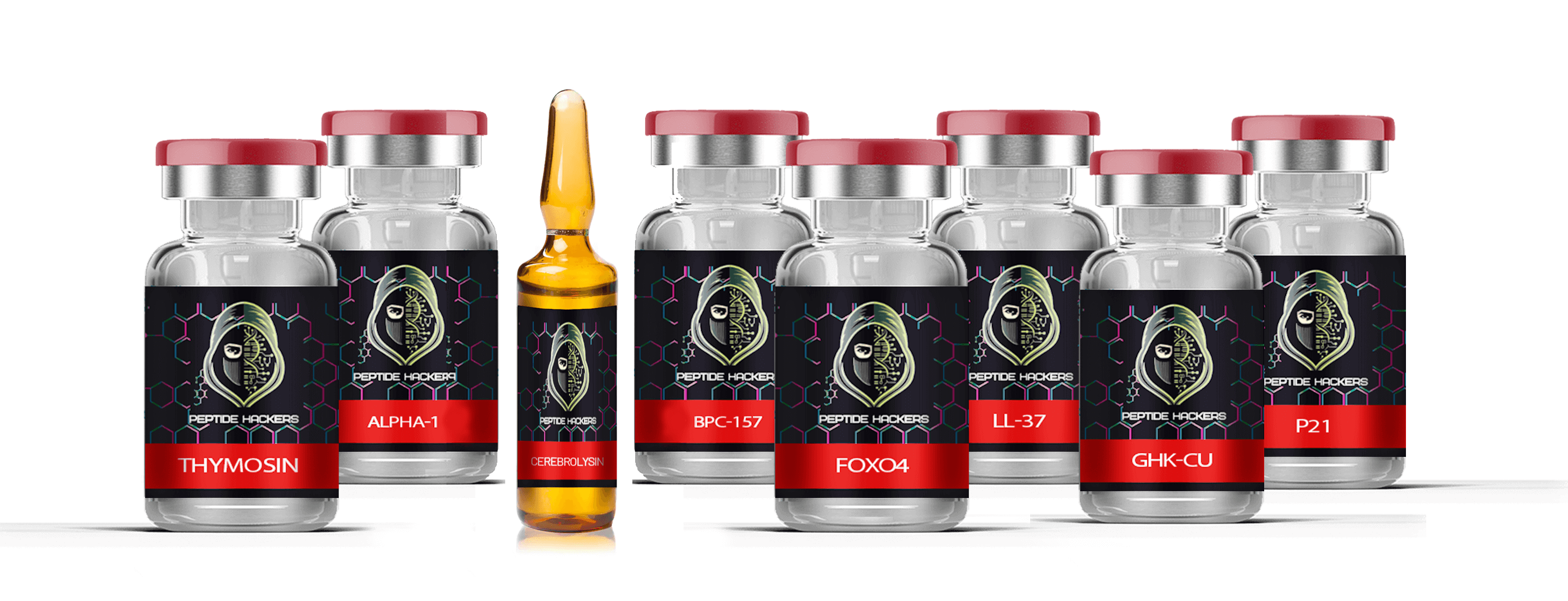
Peptide Basics: What Are Peptides and How Do They Work (Biohacking)
Introduction
Peptides are all the rage lately not just in the medical and cosmetic world but in the biohacking community. So we created Peptide Hackers. This article will cover what peptides are, the basics of peptides, their biological functions and how biohackers are using these powerful molecules to upgrade health and performance.
What Are Peptides?
Peptides are short chains of amino acids, the building blocks of proteins. Typically peptides are 2 to 50 amino acids linked together by peptide bonds. Despite being small, peptides have many important biological functions including hormone regulation, immune function and cellular communication.
How Do Peptides Work?
Peptides work by binding to specific receptors on the surface of cells, triggering a series of intracellular events. This binding can affect many physiological activities such as:
- Hormone Release: Some peptides release growth hormone.
- Immune Response: Peptides can boost or suppress immune responses.
- Tissue Repair: Some peptides promote tissue regeneration and healing, great for injury recovery.
- Neurotransmission: Peptides can act as neurotransmitters, affecting brain function and mood.
Biohacking and Peptides
Now, imagine you’re Iron Man, but instead of a suit, you’ve got science and technology pumping through your veins. That’s biohacking—using cutting edge tools to upgrade the body and mind. And what’s the latest gadget in this high tech toolbox? Peptides! These little chains of amino acids are the secret sauce biohackers are using to turn their bodies into well oiled machines. Here’s the lowdown on how these molecular marvels are shaking up the biohacking scene:
Anti-Aging and Longevity:
-
BPC-157: Known for its regenerative properties, BPC-157 is used for wound healing and inflammation reduction. Buy BPC-157
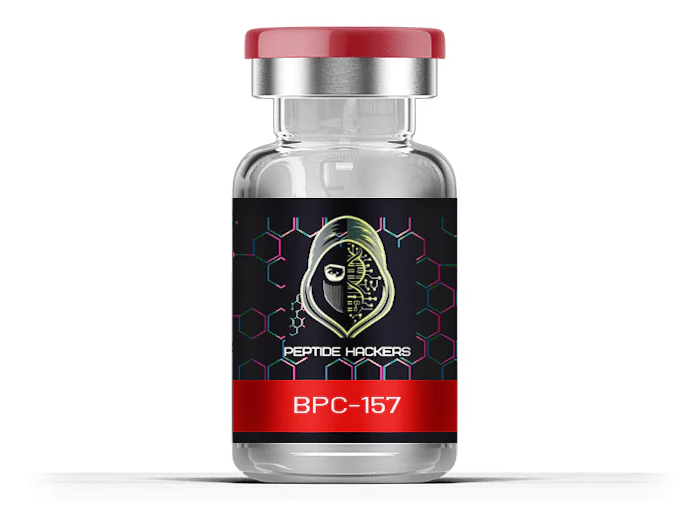
-
Epitalon: Regulates the pineal gland and increases telomerase activity, potentially extending cellular life. Buy Epitalon
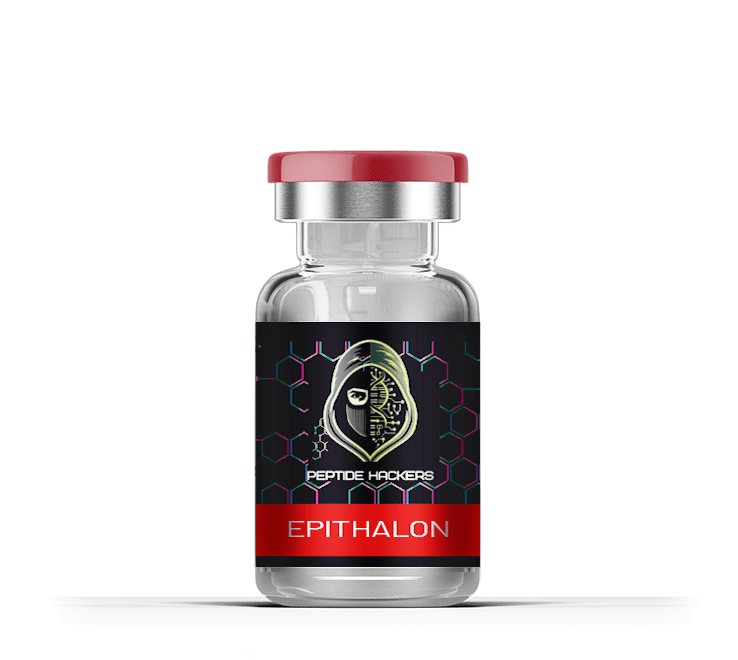
Muscle Growth and Recovery:
-
CJC-1295: Growth hormone-releasing peptide that increases muscle mass and reduces recovery time. Buy CJC-1295
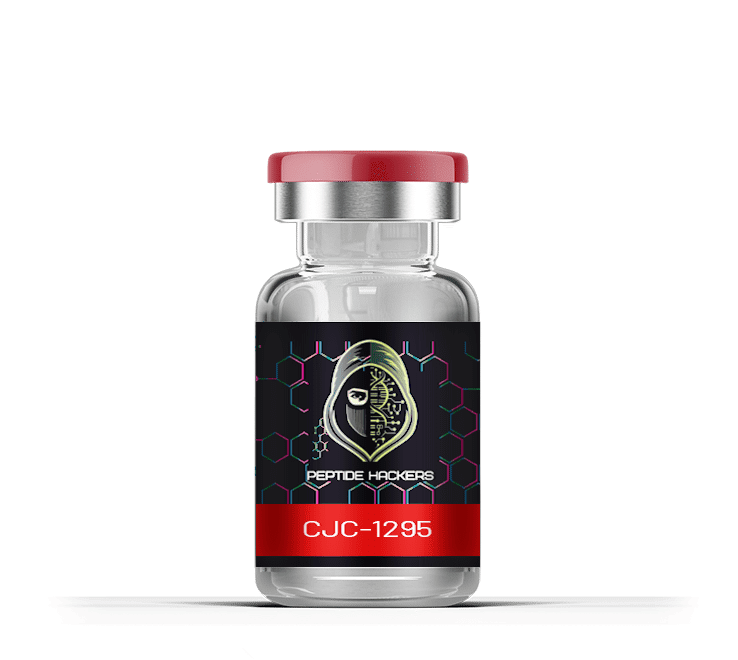
- Ipamorelin: Another growth hormone secretagogue that promotes muscle growth and recovery.
Cognitive Enhancement:
- Selank: Nootropic peptide that reduces anxiety and improves cognitive function.
- Semax: Neuroprotective and cognitive-enhancing peptide that improves focus and memory.
Weight Management:
-
AOD9604: Human growth hormone fragment that aids in fat metabolism without affecting blood sugar levels. Buy AOD9604
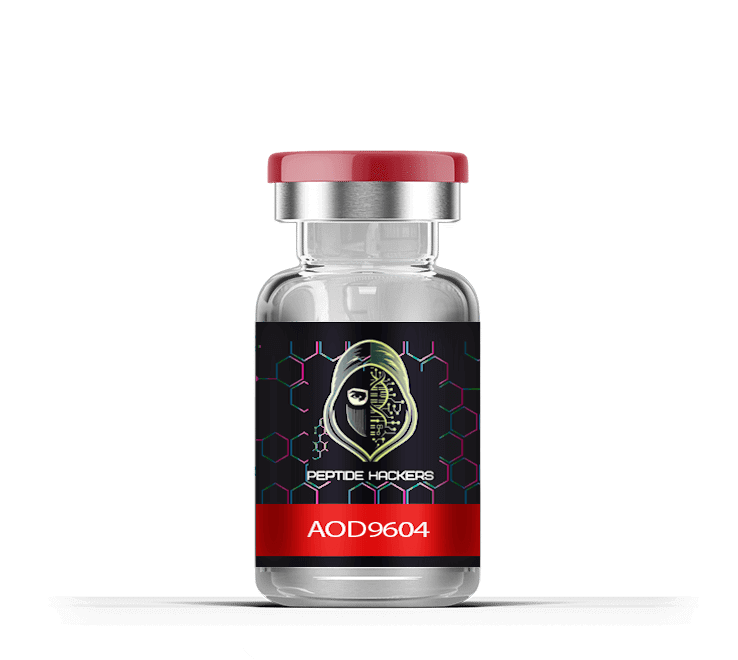
- Tesamorelin: Reduces visceral fat, especially for HIV-related lipodystrophy.
Immune System Boosting:
- Thymosin Alpha-1: Increases T-cell production and activity.
-
LL-37: Antimicrobial peptide that supports the immune system by fighting off infections. Buy LL-37
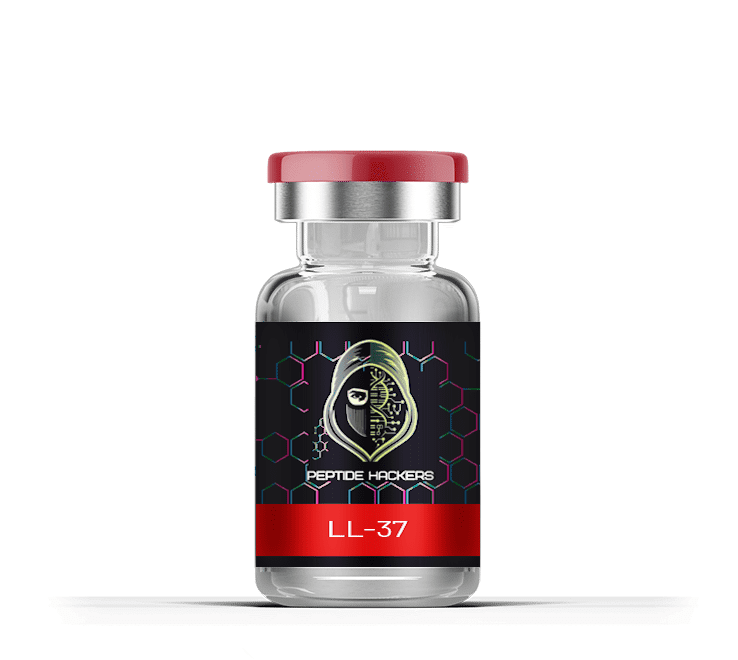
Metabolic Regulation:
- Insulin: One of the most well-known peptides, insulin regulates blood sugar levels and is essential for glucose metabolism. In the biohacking community, some individuals experiment with insulin’s role in optimizing nutrient uptake and muscle growth but this should be done with caution as it can lead to hypoglycemia and other complications.
Non-Ribosomal Peptides
These peptides are synthesized using a modular enzyme complex. Non-ribosomal peptides are found mainly in unicellular organisms, plants, and fungi. They often have highly complex cyclic structures, though linear non-ribosomal peptides are also common.
Ribosomal Peptides
These peptides are synthesized by the translation of mRNA and often undergo proteolysis to generate their mature form. They generally function as hormones and signaling molecules in higher organisms and usually have a linear structure.
Digested Peptides
These peptides are the result of non-specific proteolysis during the digestive cycle. While generally ribosomal in origin, they are not produced by the ribosome of the organism that contains them. Digested peptides are also produced from protein digestion, such as during trypsin digestion, which is commonly done before mass spectrometry peptide analysis.
Safety and Efficacy
While peptides have many benefits, be careful:
- Research Deep: Know each peptide’s mechanism, benefits, and side effects.
- Consult Experts: Get advice from healthcare professionals who are experienced in peptide therapy.
- Source Correct: Get peptides from reputable suppliers to avoid contamination or incorrect formulation.
Conclusion
Peptides are powerful tools in the biohacking toolbox, for muscle growth, cognitive enhancement, and immune support. By knowing how peptides work and using them smart, biohackers can optimize their health and performance. As research evolves more applications of peptides will emerge and more opportunities for health optimization.
Peptide Hackers Disclaimer: We only sell peptides for research purposes.
Refrences
- Peptida - Wikipedia Bahasa Indonesia
- Peptida (Wikipedia Bahasa Indonesia)
- Useful Links About Basic Science Topics
- Peptida (Teknopedia)
- Peptida (Stekom Encyclopedia)
- http://www.peptidestation.com/ribosomal-peptides/
-


